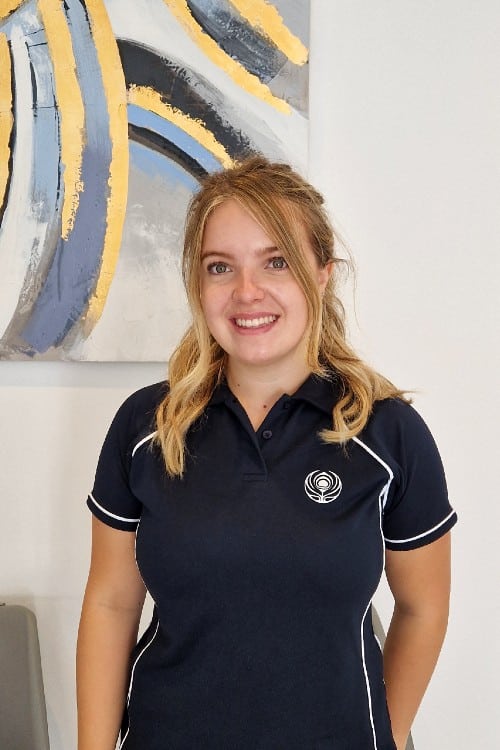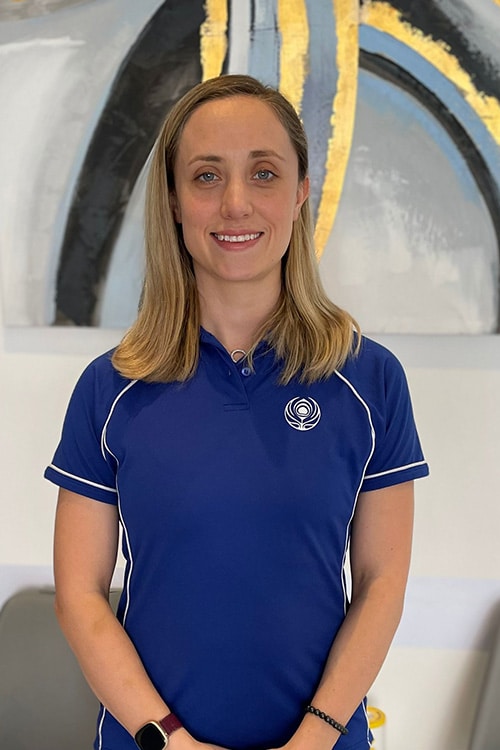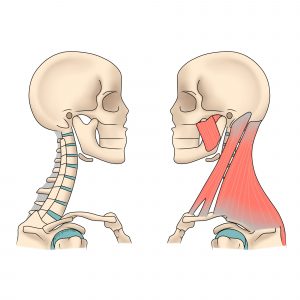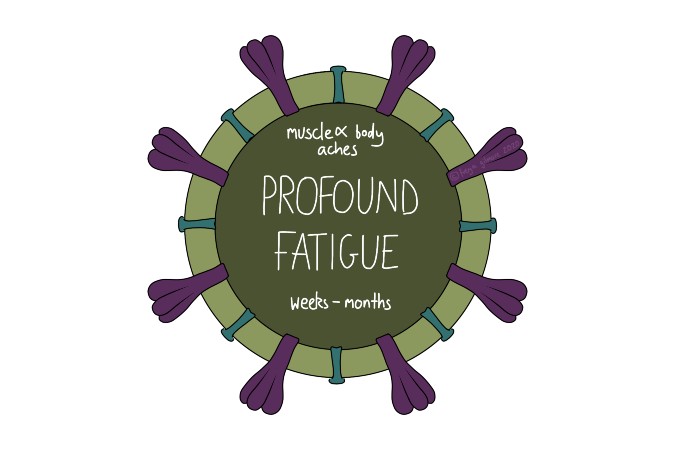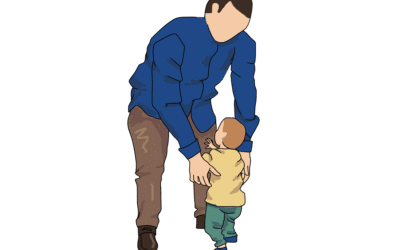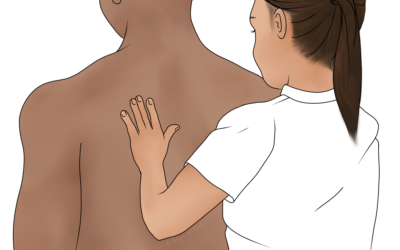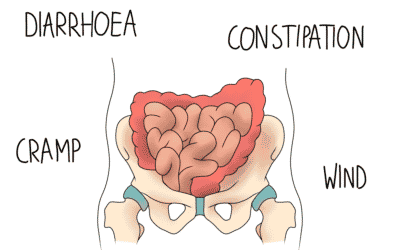Research and evidence for managing long covid is still emerging. This post was last updated on 21/9/21.
As the pandemic progresses, we are hearing more and more about long covid (LC). Little is known about the condition, but it seems to be a form of post-viral fatigue, sharing features with other conditions like ME or CFS. A BMJ article breaks it down into two forms and defines them as:
post-acute covid-19 as extending beyond three weeks from the onset of first symptoms and chronic covid-19 as extending beyond 12 weeks. Since many people were not tested, and false negative tests are common, we suggest that a positive test for covid-19 is not a prerequisite for diagnosis. BMJ 2020
Although some people will suffer extended symptoms of breathlessness, loss of sense of smell, and fatigue, others may develop new symptoms.
Symptoms of Long Covid
Symptoms may come and go, such as fever, cough, and fatigue. There may also be any number of the following:
- Shortness of breath
- Chest pains
- Headaches
- Difficulty concentrating
- Muscle or joint aches, pains, or weakness
- An upset stomach
- Rashes (including “covid toes”)
- Difficulty controlling conditions like diabetes
- Mental health conditions including depression and PTSD
Some people develop more systemic illness, affecting multiple body systems and requiring hospitalisation. Your osteopath should not be your first port of call for this: we will require you to be checked by a doctor before attending the clinic.
Who is Affected?
Stats from the first wave suggested that around 5% of people who contract covid will develop LC. Roughly 10% (based on stats from before widespread testing was available) will experience symptoms lasting beyond three weeks.
The ZOE covid study identified the following risk factors:
- Older age
- Higher BMI
- Asthma
- Having had a broad range of symptoms in the first week of being symptomatic
The study notes that in younger age groups, women are more likely to be affected than men.
Managing Long Covid
The limited research on the topic places importance on multidisciplinary management. This means that every patient will need a slightly different mix of specialisms, dictated by their symptoms. Some symptoms may benefit from support from multiple disciplines. We’ve spoken before about how muscles affect breathing capacity, and with conditions like LC, you want as much efficiency as you can get. A large survey found that the second most common symptom of LC was muscle pains. As osteopaths, we need to be aware of this, as a significant proportion of the population will now have these symptoms and may seek treatment with us. Strategies for managing this have not yet emerged, so it is unclear whether muscle pains will improve through normal treatment or not. The BMJ article suggests a range of self-management methods. They include monitoring, such as pulse oximetry and attention to general health. They also advise a gradual increase in activity and exercise, as well as good rest and relaxation. The return to exercise can be daunting, and your osteopath can help support you here.
Book an appointment in Horley or Crawley here.
Please follow clinic guidelines when booking your appointment after contracting covid.






